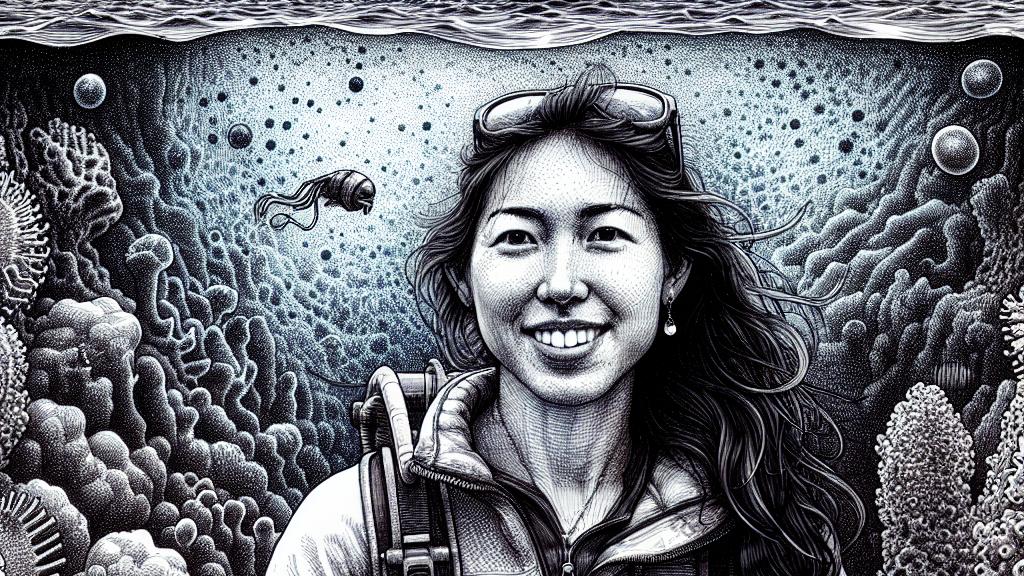Diving Deep: My Journey Through Chile's Mysterious Ocean Zones!
Overview
- Explores the thriving microbial life in Chile's oxygen minimum zones (OMZs).
- Utilizes advanced technology to tackle the challenges of studying low-oxygen waters.
- Emphasizes the need for global collaboration in addressing climate-induced marine changes.

Discovering the Wonders of Chile's OMZs
In the captivating waters off the coast of Chile lies the world's largest oxygen minimum zone (OMZ), a fascinating area where oxygen levels are critically low, making it hard for most marine life to survive. Surprisingly, this inhospitable environment is home to a variety of microorganisms that thrive despite the challenges. Natalia Cisternas, a dedicated geophysicist from the University of Concepción, embarked on a thrilling 37-day research expedition aboard the academic vessel Falkor (Too) to uncover the secrets of these regions. Her mission was to document the unique microbial communities that exist within these OMZs and to assess how they are impacted by climate change. Understanding these ecosystems is crucial as they play a significant role in global biogeochemical cycles and ocean health.
Overcoming Sampling Challenges with Innovation
Sampling water from a low-oxygen environment poses intricate challenges, often compromising the integrity of collected samples due to potential contamination from atmospheric oxygen. Cisternas and her team faced this dilemma head-on, utilizing innovative sampling technologies designed to minimize contamination. They employed a CTD (Conductivity, Temperature, Depth) device to accurately measure relevant water parameters at various depths. This experience not only fostered Cisternas's technical acumen but also ignited her passion for fieldwork. The journey equipped her with invaluable hands-on experience, reinforcing her aspiration to become a marine technician and contribute to the future of oceanic exploration, where skilled professionals are essential for advancing our understanding of marine ecosystems and their preservation.
The Collective Power of Global Scientific Collaboration
The success of the expedition illustrated the critical importance of international cooperation in marine research. Cisternas witnessed how scientists from various countries came together, pooling their expertise and knowledge to address complex oceanographic challenges. Such collaborative efforts are crucial, particularly in the face of climate change, which poses unprecedented threats to our oceans. By fostering partnerships, sharing resources, and implementing innovative research strategies, the marine science community can better understand and manage the impacts of climate change on oceanic health. As this field continues to evolve, the insights gained from studying these unique ecosystems will contribute to developing informed conservation policies that aim to safeguard the future of our oceans and the extraordinary life they support.

Loading...